Stephenson Lab
The Stephenson Lab focuses on the development and application of statistical methods that enable us to improve our understanding of population health inequities.
655 Huntington Ave, Boston, MA 02115
Biostatistics Department
Our Team
Primary Investigator
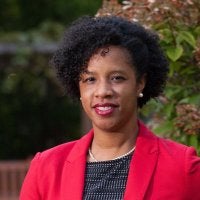
Dr. Briana Stephenson’s research has been primarily focused in using Bayesian methods to create innovative model-based clustering techniques to address data complexities found in large, heterogeneous populations. These methods were generated as a result of her collaborative research interests in maternal health, nutritional epidemiology, psychological health, public health policy, and health disparities.
Postdoctoral Research Fellows
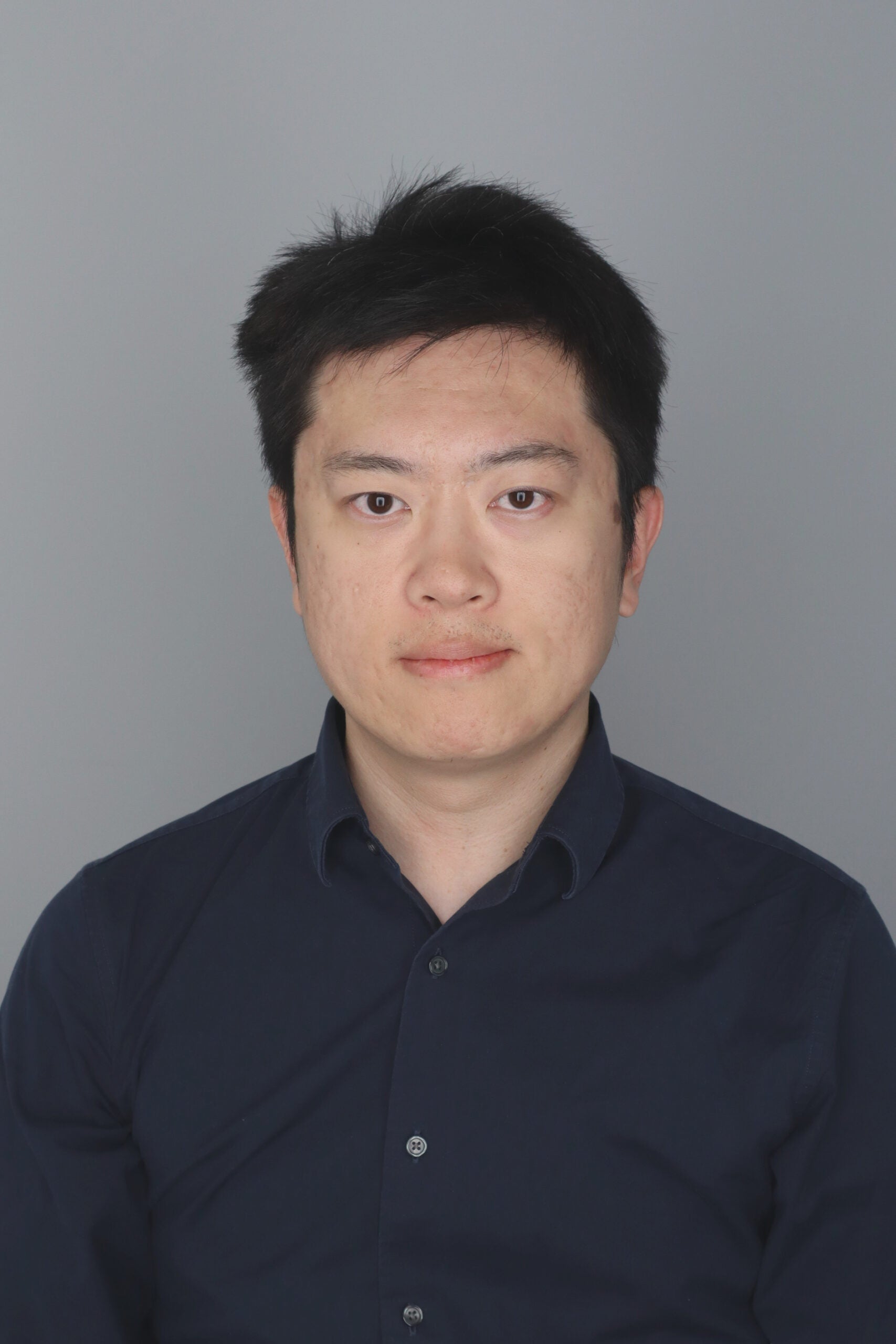
Dr. Wang’s research focuses on developing and applying methods for longitudinal clustering of high-dimensional features to identify dietary patterns over time among Black adult women in the US. His interests also include using model-based clustering techniques to uncover dietary consumption patterns that are commonly shared and specific to PFAS exposure profiles during early pregnancy and mid-life.
Students
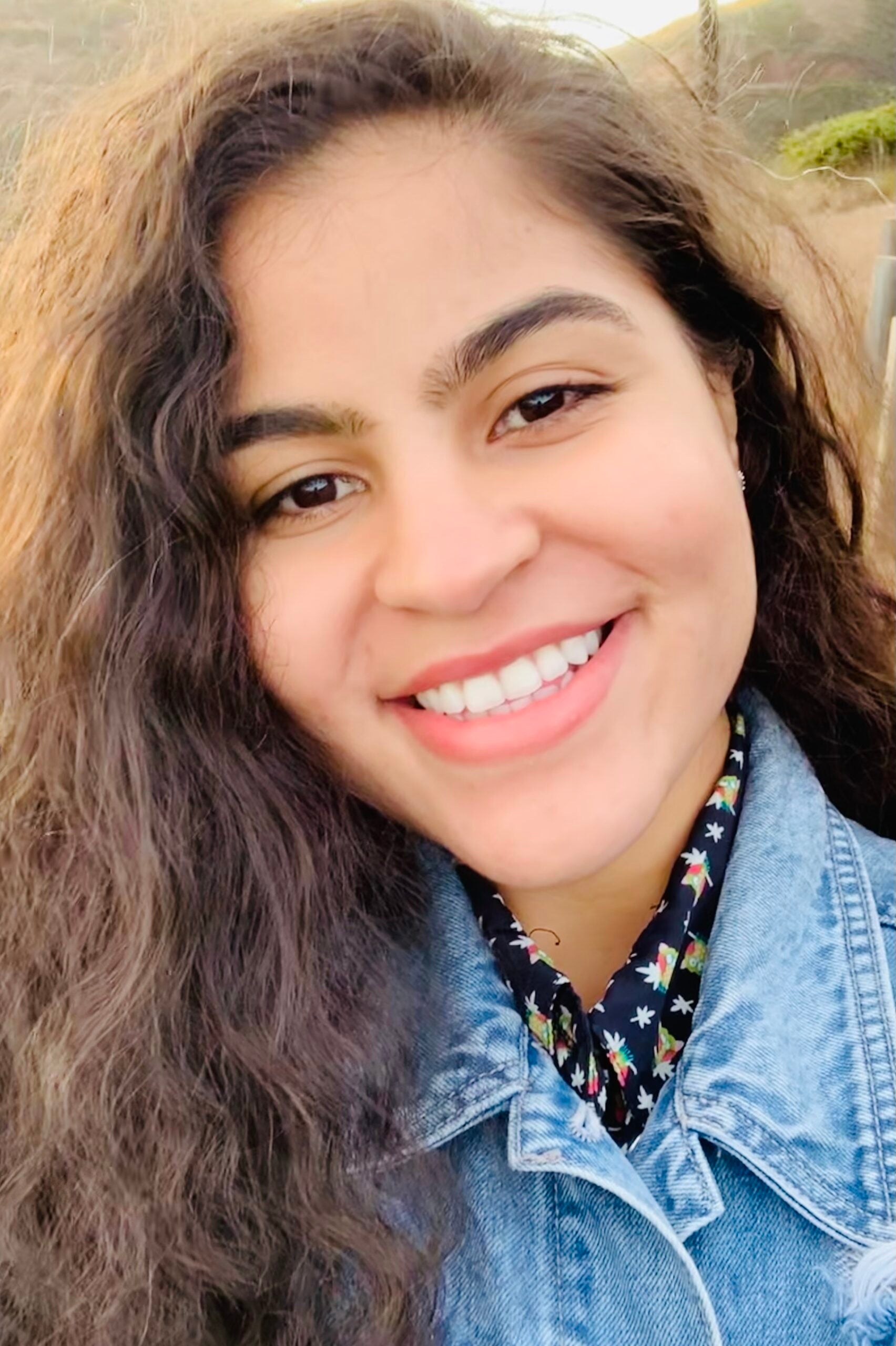
Carmen is passionate about advancing statistical methods to address health disparities, with a focus on cancer treatment and outcomes among underrepresented and vulnerable populations. Her research centers on Bayesian clustering techniques to quantify neighborhood-level social determinants of health and the application of machine learning to develop multi-ethnic polygenic risk scores aimed at enhancing our understanding of the genetic determinants of disease.

Stephanie Wu’s research interests lie at the intersection of Bayesian statistics and survey statistics. Her dissertation focuses on developing weighted Bayesian clustering models to better understand the nutritional health of understudied populations using complex survey data. She has also worked on collaborative projects with applications to planetary health, infectious disease, global health, mental health, and health disparities.
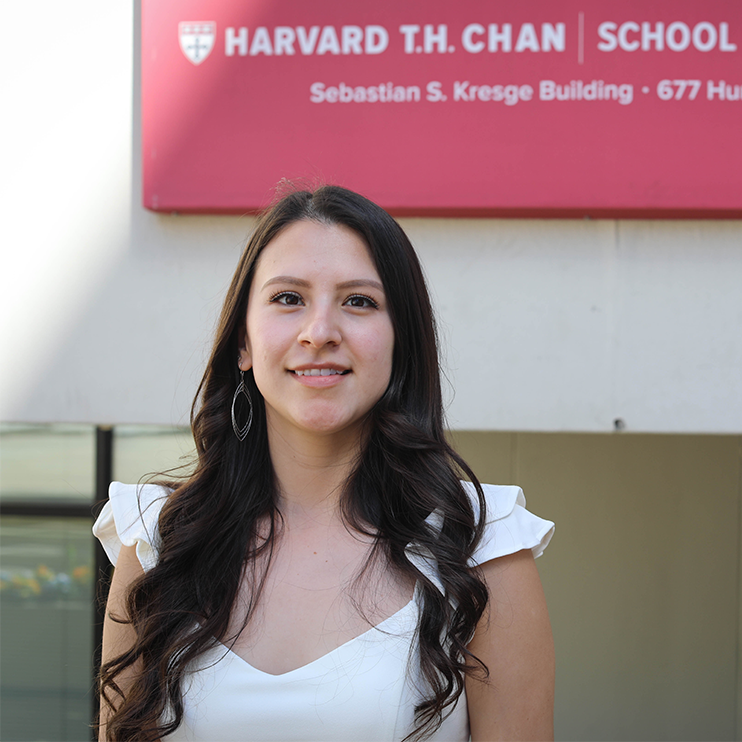
Jeanette Varela’s (she/her) research is focused on using unsupervised model-based clustering methods for joint longitudinal features. These methods are valuable for investigating longitudinal exposure biomarker profiles within large, diverse populations. Specifically, her work is centered on assessing the combined impact of multiple phthalate exposures and personal care product usage, along with their temporal effects, in pregnant mothers.
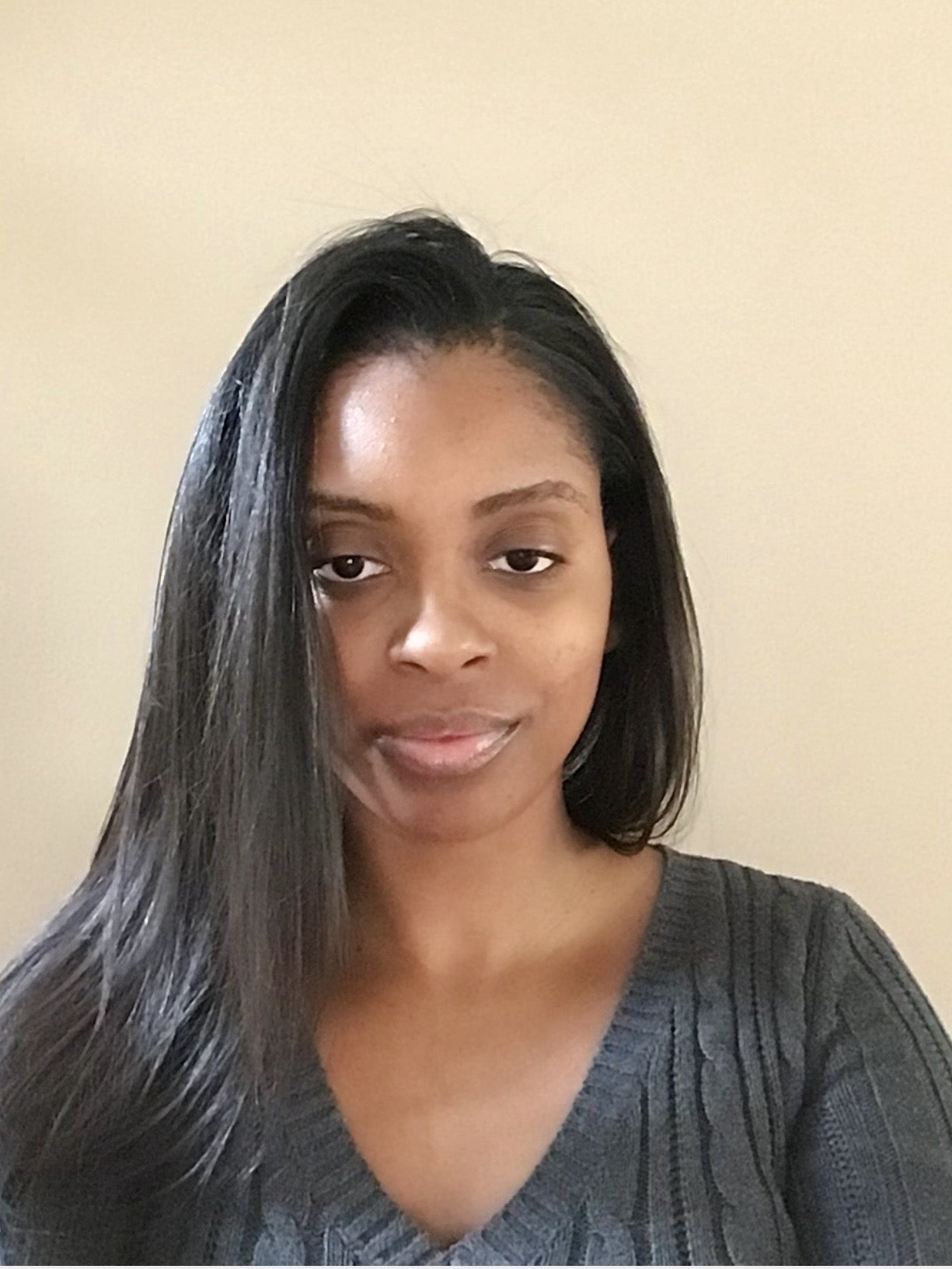
Jodeci Roberts is working with Dr. Stephenson to explore the relationship between food environments and health outcomes using NaNDA data, which includes census tract information. Jodeci’s research involves applying a Poisson clustering model to develop food profiles by clustering census tracts based on establishment counts. These profiles will be used to assess the potential risk of colon cancer associated with different food environment compositions.
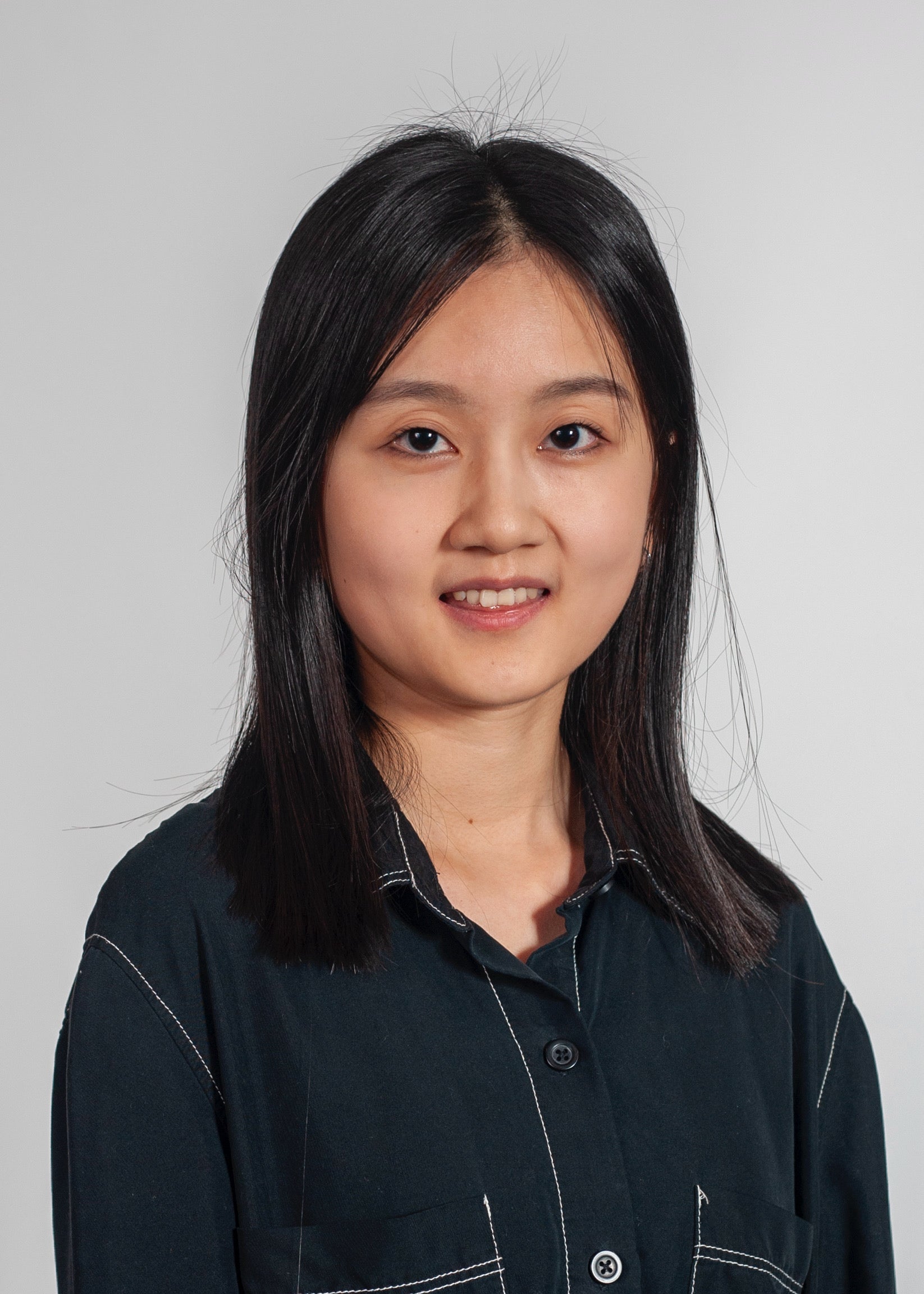
Yiran is a second-year SM Biostatistics student at Harvard T.H. Chan School of Public Health with research interests in Bayesian analysis and causal inference. She is currently working on the preliminary analysis for the Black Women’s Health Study.

Luke’s current research involves Bayesian nonparametric mixture modeling to identify latent PFAS exposure profiles in a cohort of pregnant women. This work ultimately aims to uncover dietary patterns commonly shared among and specifically associated with PFAS exposure profiles.